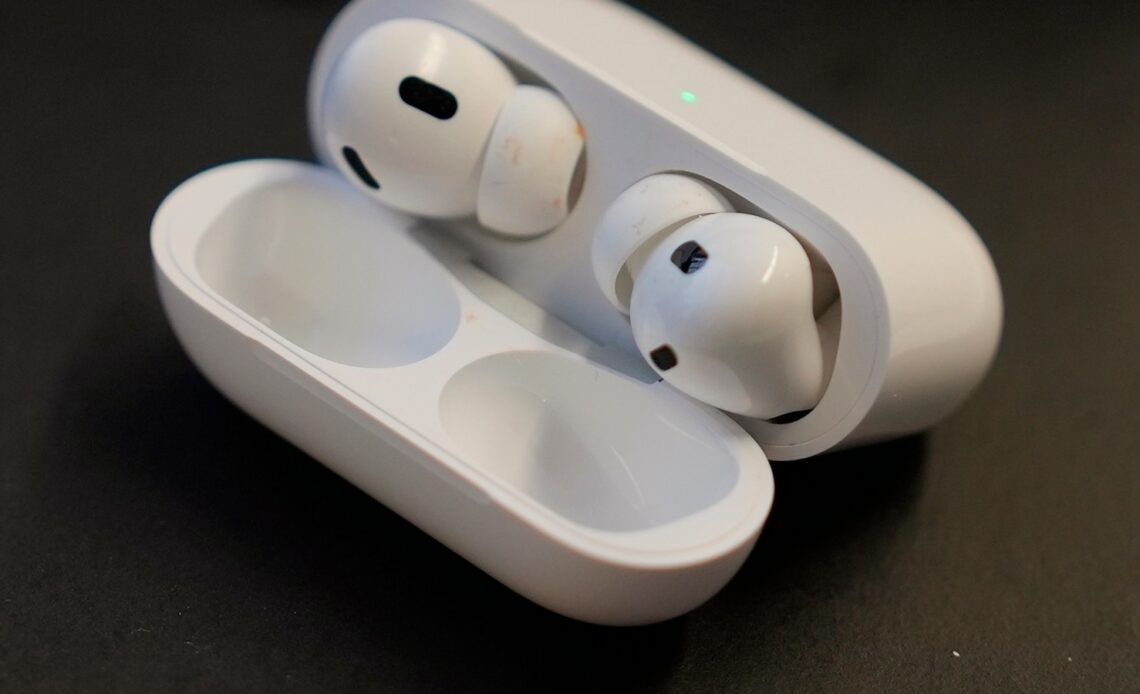Some Apple AirPods wireless headphones can be used as hearing aids with a new software update available Monday. It’s a high-profile move that experts applaud, even if they only reach a small portion of the millions of Americans with hearing loss.
An estimated 30 million people — 1 in 8 Americans over the age of 12 — have hearing loss in both ears. Millions would benefit from hearing aids but most have never tried them, according to the National Institute on Deafness and Other Communication Disorders. Countless others have tried them, but don’t use them because of cost, poor quality, poor fit, how they look or for other reasons.
Over the past few years, there’s been a push to change that. Two years ago, federal rules changed to allow hearing aids to be sold over-the-counter, a move that many hoped would bring better and cheaper options to patients. And last month, the U.S. Food and Drug Administration approved software from Apple that would turn AirPods Pro 2 into hearing aids.
It’s unclear yet whether the rule changed has helped, experts say. But turning AirPods into hearing aids is the kind of creative move advocates had hoped for. Here’s what to know about hearing loss, hearing aids, and Apple’s new option.
About 15% of Americans report some difficulty hearing. Most people with hearing loss are over 60, but hearing problems don’t only affect older people. One study found men and people living in rural areas are more likely to have hearing loss.
And it has been linked to many health effects beyond the ear. It contributes to isolation, depression and cognitive decline, experts say. It raises dementia risk and rewires the brain. It’s also been linked to an increased risk of falls — a major health concern among older adults.
“Everything we do, all our relationships, whether it’s personal or in our work life, involve hearing conversation,” said Barbara Kelley, executive director of Hearing Loss Association of America. “We’re finding now that the sooner that people can pay attention to their hearing health, the better.”
Before the 2022 rule change by the U.S. Food and Drug Administration, everyone had to see a doctor and get a prescription for a hearing aid to get one. Now, they’re available without one.
“As more of them are sold, then hopefully the price will go down,” Elizabeth Stangl, an audiologist at the University of Iowa. “But we haven’t seen a big rush to get them.”
Even buying over-the-counter, a decent hearing aid can…
Click Here to Read the Full Original Article at ABC News: Health…

